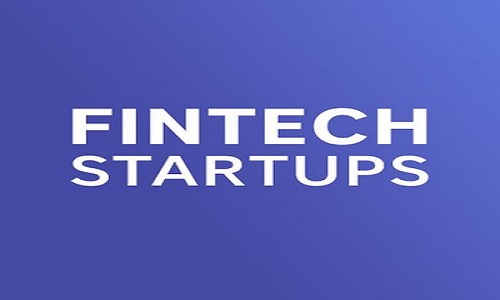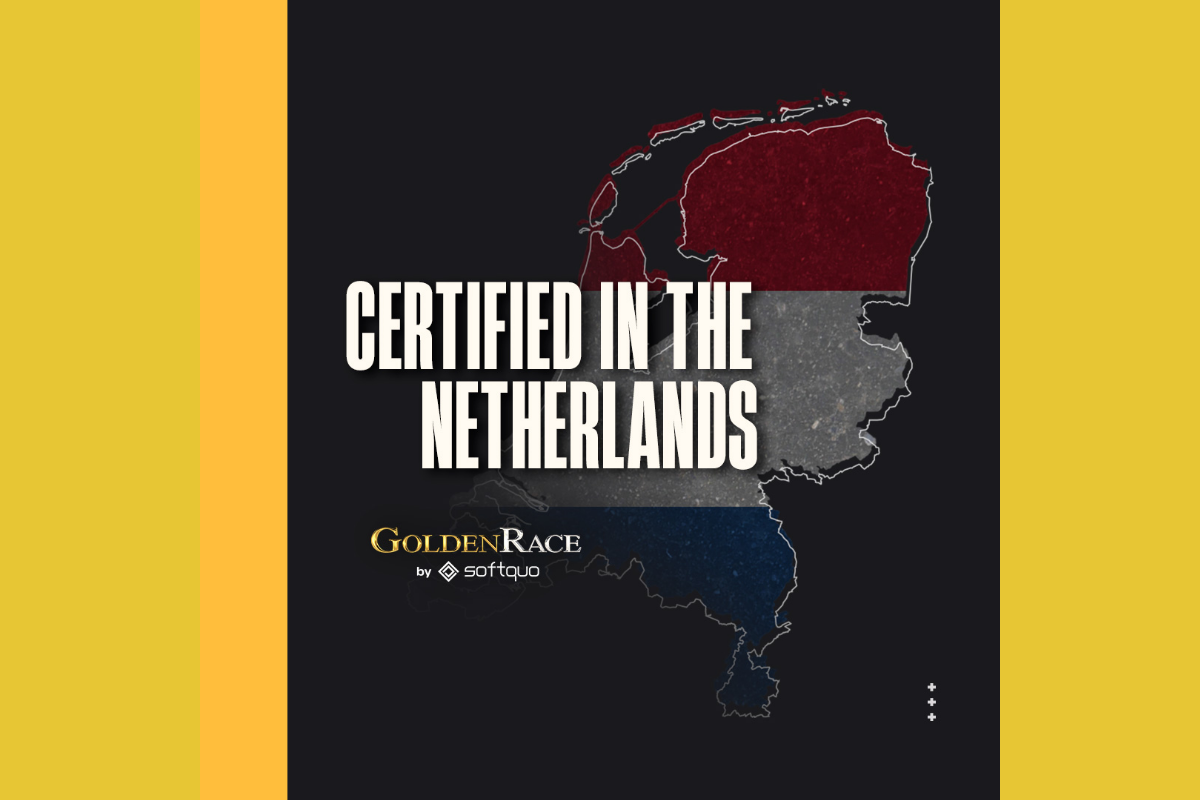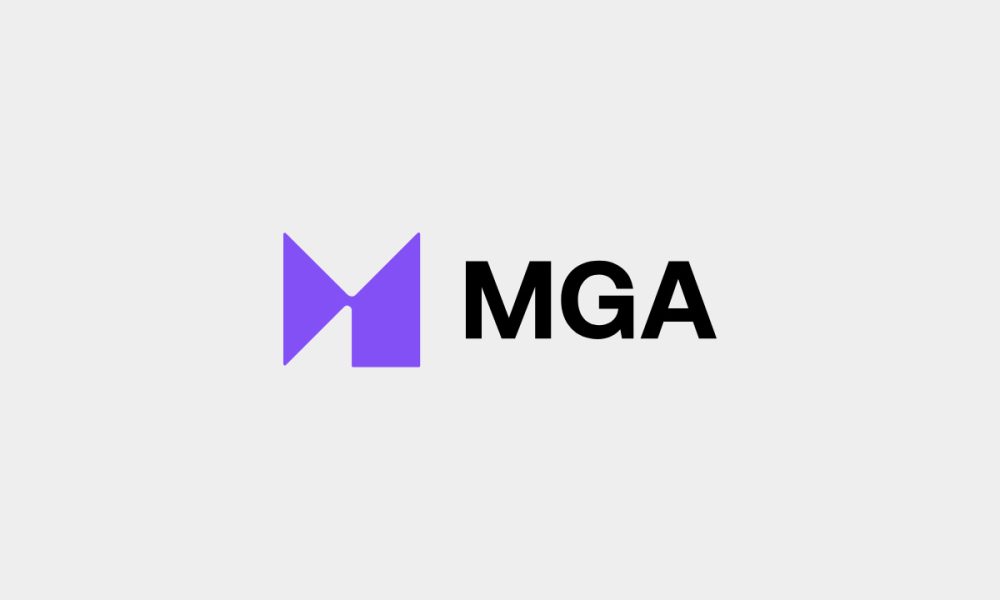Compliance Updates
Fintech startups and banks face off on new rules over European payments and data access

A huge group of over 70 European fintech companies is sending caution that new EU rules on payments processing could unfairly pit them against large banks and ruin the industry if they are passed into law.
The rules that are a part of the European Union’s Payment Services Directive (PSD) would prohibit the practice of “screen scraping,” a usual practice applied by Fintechs to “scrape” display data from one application (like an online banking service) and display it on their own.
The fintech startups usually scrape data by logging into banking applications on account of their customers with sensitive data like passwords and PIN codes.
The 71 fintech firms argue in their manifesto that the prohibition on scraping is illogical and a backdoor method for traditional banks to claw back control as the Fintech revolution threatens to upend their business models.
However, banks are arguing that screen scraping is too dangerous and that customer data should only be accessible through bank-provided application programming interfaces (APIs) in the interest of customer security.
“The customer is in control of what can and cannot be shared with a third party, as the API is consent and permission-driven. Alternative technologies for sharing data exist, but are less robust and less secure than APIs,” said David Song, an EU affairs expert at UK Finance, a representation of over 300 firms providing banking, payments, and financial services in the United Kingdom.
Fintech companies, for their part, say that banks have an incentive to build semi-functional APIs that would tarnish fintech upstarts’ own quality of service and scare customers away from using their products, which at times compete directly with the services that banks offer to their clients.
“If we’re forced to use an API that doesn’t provide a good service, it will kill our business. We’ll have to use a low-quality interface that won’t meet our service needs and will drive customers away,” said Joan Burkovic of Bankin, a French fintech startup that helps customers manage their money and finances via an app that links to their existing bank accounts.
They also argue that a fallback option to screen scraping should necessarily be kept open in case a bank’s API fails.
“Without the fallback option, our business is effectively in the hands of banks. They’ll have full control over all the information they give to us and can even impose restrictions on how they send it. That goes entirely against the spirit of EU rules that guarantee technological neutrality for payments,” said Arturo González Mac Dowell, President & CEO of EuroBits, a payments aggregator headquartered in Spain.
Revised payment services directive
The European Union’s Payment Services Directive (PSD), originally passed in 2007, built a single market for cashless payments in Europe, making cross-border payments as easy and efficient for European consumers and businesses as domestic transfers.
It was revised in 2015 by the European Commission in part to promote more competition and digital innovation within the banking and payments sector.
Most importantly, the revised PSD (also known as PSD2) mandated that banks loosen their grip over customer account data and allow third parties to be able to access it with customers’ permission.
It is no secret that this will present a challenge to retail banks, who will lose their exclusive hold over customer data and be forced to innovate in both payments processing and customer data analytics, where many of their upstart competitors already have a significant lead.
“This presents banks with a challenge. At best, PSD2 puts at risk an important income stream for banks and at worst will relegate them to the status of a utility, acting as simple data holder,” said Jacqui Hatfield, former partner at the law firm Reed Smith, in an editorial for Banking Tech.
However, as is common practice in European financial regulation, a regulatory agency under the Commission’s authority was given the right to draft technical guidelines (such as the rules on screen scraping) that would come into effect after the general framework of the PSD2 was finalized and agreed among lawmakers.
The controversial ban on screen scraping was first tabled by the European Banking Authority, a London-based agency of the European Commission which has regulatory oversight over European banks, in February.
“The EBA is of the view that accessing accounts through screen scraping will no longer be allowed on the basis of a number of provisions under PSD2, especially the requirements on secure communication and on restrictions on [payments providers] in accessing data and information from accounts and transactions,” the agency said in its February proposal.
Banks agree.
“API-based solutions gain the benefits of device-based multi-factor authentication that is both safer and easy for consumers to use than typing codes into a form. Breach after breach has made clear that there is no such things as a ‘secure’ or ‘strong’ way to use passwords”, said the FIDO Alliance, an industry consortium of banks and payment services providers like Visa and MasterCard, in an open letter to EU lawmakers at the end of August.
The European Commission, which has final say over the proposed draft rules, has publicly disagreed with the EBA’s position and swooped in from above this summer to propose amendments to the guidelines, allowing for a “fall back” to screen scraping if banks’ APIs failed to provide fintech companies with reliable account data.
But in any case, the final rules will have to be vetted by both the European Parliament and finance ministers in the European Council, who have the right to veto them. It is expected by some that Council representatives from countries without a substantial fintech industry may push for a compromise between the Commission and EBA versions.
Why it matters for fintech startups
PSD2 falls into line with the Juncker Commission’s Digital Single Market strategy from 2014, in which it promised to break down barriers in the provision and sale of digital services and to ensure the free movement of data between consumers and companies in Europe.
The rules on digital payments are also envisaged to help break Europe’s longstanding dependency on bank finance. Many see the over-dominance of banks as an endemic problem to the growth of European capital markets and an important cause of the sovereign debt crises of 2010–2015.
However, the standoff on screen scraping suggests to some that large banks can still throw their weight around in lobbying EU laws aimed at increasing competition in financial services.
“The European Banking Authority has been behaving more like the European Banking Association on PSD2. It’s incredible that they haven’t met with any fintech companies at all to discuss their needs but are regularly taking meetings with banking associations on digital innovation,” said one fintech startup executive who declined to be named for the purposes of the article.
It has also shown that there is no single European rulebook dedicated to FinTech regulation, and is instead managed by a mix of national regulators and a constellation of institutions and agencies at the European level.
“It is striking to observe the large number of institutions currently commenting, regulating, drafting consulting, and exchanging ideas on fintech. There are already overlaps at European level, but more importantly there is already substantial regulatory divergence between EU countries,” wrote a team of three researchers from Brussels think-tank Bruegel for a discussion of EU finance ministers in Estonia this month.
However, it also pointed out that “in the European context, issues such as data privacy, cybersecurity, consumer protection and operational risks will be central importance for consumer acceptance.”
Still, the outstanding question is whether banks’ privacy concerns in the PSD2 are merely a Trojan horse to torpedo a nascent FinTech industry in Europe and to cling to their waning hold over customer account data.
“The bottom line is this: the Payment Services Directive 2 was designed in order to increase competition in the sphere of payments. Putting a ban screen scraping would undermine that principle”, said Nick Wallace of the Centre for Data Innovation.
The first parts of the PSD2 will come into force in all 28 Member States and the European Economic Area in January 2018. The Commission is expected to present its finalized set of rules on screen scraping in October or November, which will come into force 18 months after they are adopted by EU institutions.
Compliance Updates
GoldenRace is now certified in the Netherlands

GoldenRace, global provider of award-winning Virtual Sports and betting solutions, has recently obtained a certification for its highly acclaimed Virtual Sports and Games in the Dutch market.
GoldenRace successfully navigated the stringent regulatory landscape of the Netherlands, and now will be providing its impressive betting products into the Online Dutch market, which will be an important advancement in our operational expansion.
The Netherlands betting scene is on the cusp of a substantial growth phase and with GoldenRace’s latest certification, we introduce to the Dutch market a range of highly popular games tailored to desktop and mobile, in both scheduled and on-demand modes.
Among the offer, players will enjoy our most-played Virtual Football line-up – including Football Single, Leagues, World Cup and Euro Champions-, adrenaline-pumping 3×3 Basketball and MMA and top-notch races as Horse Racing, Greyhound Racing and Grand Prix Indianapolis 60. Last but not least, our Number Games, such as Spin2Win. All ready to captivate Dutch players.
Asia
PAGCor Welcomes Lawyer Wilma Eisma as New President and Chief Operating Officer

The Philippine Amusement and Gaming Corporation (PAGCor) today welcomed its new President and Chief Operating Officer, lawyer Wilma Eisma, who took her oath of office before Executive Secretary Lucas Bersamin in Malacanang this morning.
“We are happy to welcome Atty. Wilma Eisma as PAGCor’s new President and Chief Operating Officer,” PAGCor Chairman Alejandro Tengco said. “We know she will be a great asset and her vast experience in both the government and private sectors will surely be put to good use here.”
Tengco said he witnessed Eisma’s oath-taking in Malacanang this morning. She then immediately joined her first PAGCor board meeting in the afternoon as the agency’s first ever woman President and Chief Operating Officer.
A lawyer by profession, Eisma earned her law degree from the Ateneo de Manila University and was a member of the Board of Directors of the Development Bank of the Philippines before joining the state gaming firm.
Prior to that, she also served as the first woman Administrator and Chairman of the Subic Bay Metropolitan Authority (SBMA).
Her private sector stints include leadership roles in PMFTC Incorporated, the Philippine affiliate of Philip Morris International.
She also held key positions at the Department of Trade and Industry where she worked at the Office of the Secretary and in the Office of the Majority Leader in the House of Representatives, among others.
Eisma succeeded Atty Juanito Sanosa Jr who resigned as PAGCor President and Chief Operating Officer last January.
Compliance Updates
MGA: Update to the Incident Reporting Requirements

The Malta Gaming Authority would like to inform its licensees of updates made to the Incident Report mechanism available through the Licensee Portal The information hereunder outlines relevant guidance and procedures for the submission of an Incident Report through the updated reporting instrument entitled the ‘Technical – Information Security Incident’.
As mandated by Articles 37(2)(c) and (d) of the Gaming Authorisations and Compliance Directive (Directive 3 of 2018), “Licensees shall notify the Authority forthwith, and in any case no later than three (3) working days after, the following:
(c) Any breach of the licensee’s information security that adversely affects the confidentiality of information relating to players;
(d) Any breach of the licensee’s information security that precludes players from accessing their accounts for a period exceeding twelve (12) hours.”
In this regard, Licensees are obliged to submit an Incident Report in order to notify the Authority of the circumstances relating to an information security breach that meet the above specified criteria. Additionally, Licensees are advised to remain mindful of any further obligations emanating from the General Data Protection Regulation (EU/2016/679) and any relevant legislation.
The Technical – Information Security Incident option will be accessible through the “New/Change” dropdown menu via the Portal. Upon selection, users will be directed to the applicable sections of the ‘Technical – Information Security Incident’ where all compulsory fields and any relevant documentation must be submitted to the Authority.
Upon submission, the Incident Report shall undergo review by the Authority. Any missing information that may be identified by the Authority, shall be requested accordingly from the Licensee. It is imperative that any pending clarifications are addressed in a timely manner.
If no further clarifications are deemed necessary by the Authority, the Incident Report will be closed off accordingly, and any relevant documentation will be securely filed for record-keeping purposes.
Any Incident Reports left in ‘Draft’ form (i.e. opened but not effectively submitted) for a period of ninety (90) days shall be automatically discarded.
-

 Conferences in Europe7 days ago
Conferences in Europe7 days agoSpanish Advertising Restrictions Struck Down: Learn More at the 2024 Gaming in Spain Conference
-

 Balkans7 days ago
Balkans7 days agoMaking a Bang in Bulgaria! Hacksaw Gaming goes live with Alphawin
-

 eSports7 days ago
eSports7 days agoCopenhagen Major 2024 – Betting Overview
-

 Compliance Updates7 days ago
Compliance Updates7 days agoIOC and UEFA host joint betting integrity workshop
-

 Latest News7 days ago
Latest News7 days agoWeek 15/2024 slot games releases
-

 Latest News7 days ago
Latest News7 days agoInspired steps into Spring with its latest line up of slots: Space Invaders Win And Spin, Big Big Fishing Fortune and Piggy Bandits
-

 Gaming7 days ago
Gaming7 days agoSortium Revolutionizing Video Game Development with Groundbreaking AI Tools Launch and $4 Million+ Funding Round
-

 Latest News7 days ago
Latest News7 days agoAltenar appoints Sam Hill as Sales Director









































